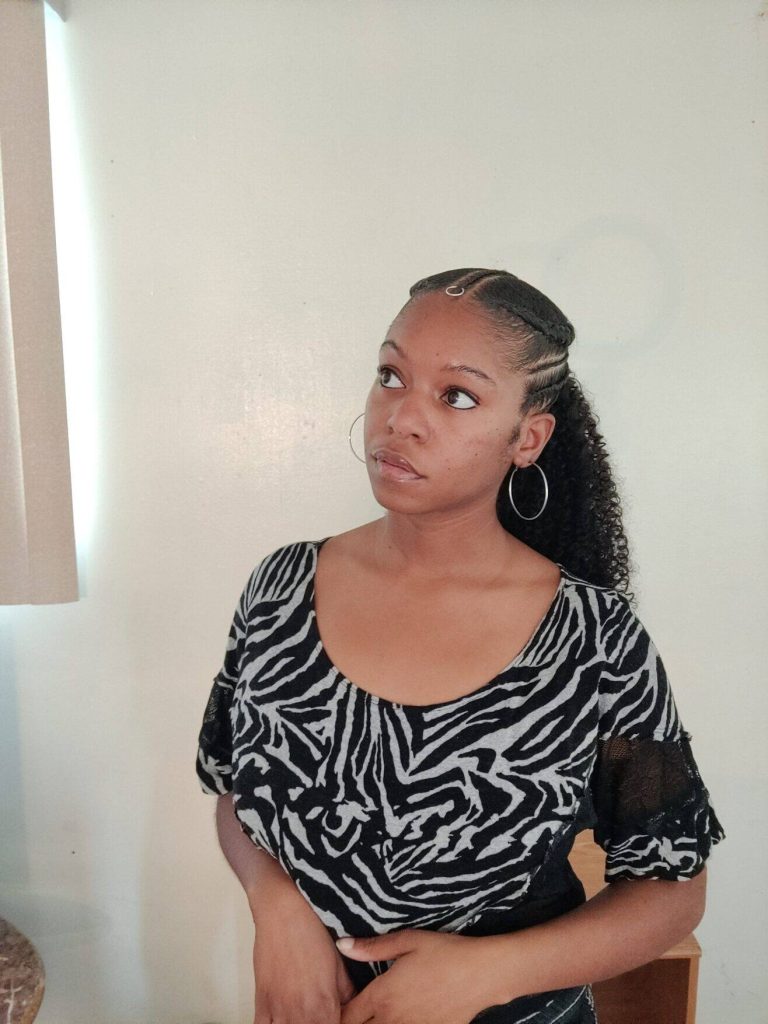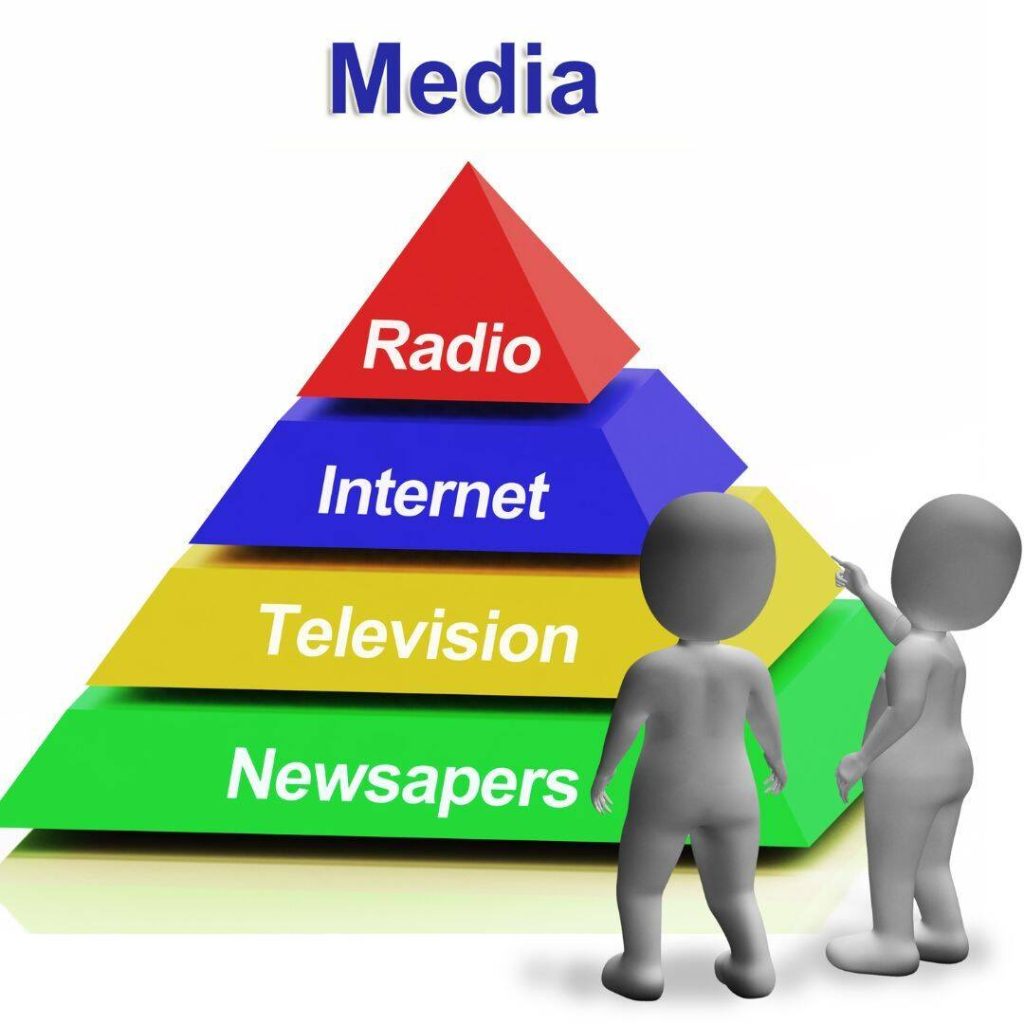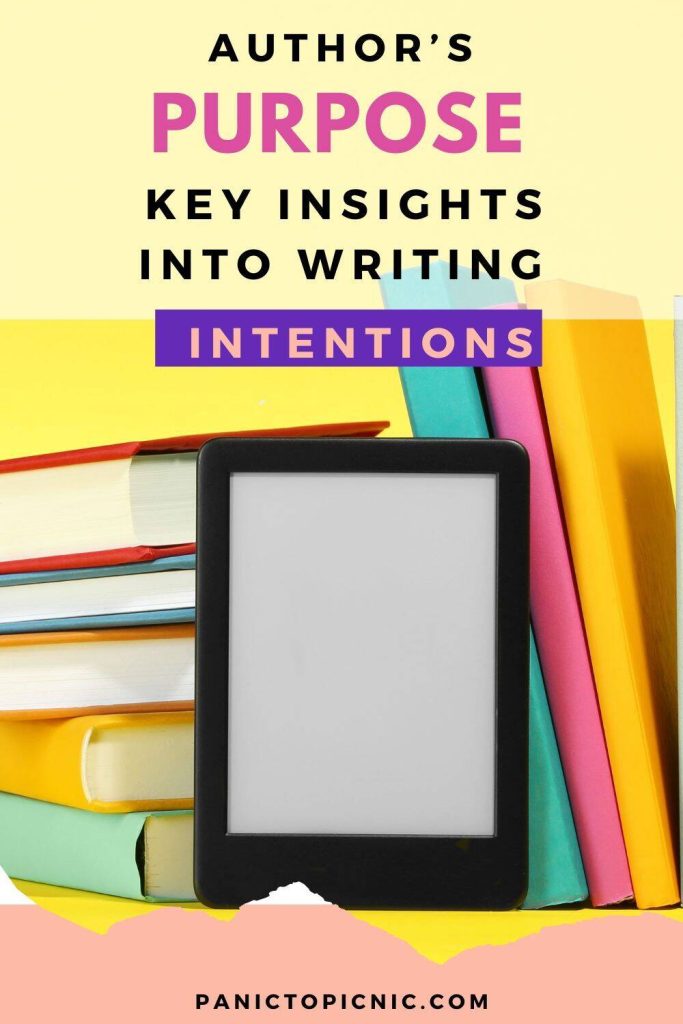Table of Contents
ToggleIntroduction
Have you ever picked up a book at the bookstore or on Amazon and wondered about the author’s purpose for writing their book? I’ve honestly never thought about it until I became an author.

Writing this article has brought my awareness back to the topic. Why do Authors write certain books? It could be because they want to share their story of inspiration to help others.
That was my purpose of becoming an author.
They could be simply wanting to make money online. That was another reason why I chose to become an author but I had to pick a topic that I was passionate about.
Some authors may want to get a reaction out of their readers such as laughing out loud or crying hysterically. Whatever the intent, the author’s purpose is their main reason for writing.
Has an author’s writing been so powerful that it moved you to take action? I’ve experienced this after reading Barry McDonaugh’s Panic Away: How to End Panic Attacks and General Anxiety Fast.
Why did this book inspire me to change my life? Simply put I wanted to gain control over my anxiety and that book was one of the first steps, even though it took me years to follow through. The purpose of my book, Panic to Picnic, was also for my readers to take action over their panic and arrive at a peaceful picnic.
Barry McDonaugh’s book essentially changed the way I thought about and viewed my anxiety. My book, Panic to Picnic, served the same purpose of changing the way that anxiety sufferers viewed their anxiety. This ties specifically to an author’s purpose for writing.
Recognizing the author’s purpose can make your reading experience so much better. Also, when reading books in the future it can significantly improve your appreciation of and retainment of the work.
In this article, we will dive into the various types of author’s purposes.
Types of Author’s Purpose

Since I am an author, most of this article will be written from my viewpoint. I’m trying not to make it all about me but I’m giving you the benefit of learning from my experience.
This will be especially beneficial to you aspiring self-published authors out there.
Whenever an author sits down to write their outline, they write with a specific objective in mind.
The first thing that Authors must do is brainstorm their topics and then narrow them down. That is the process that I followed before deciding to share my story with anxiety.
I wanted my book to be informative and entertaining but I did not draw a pie chart and organize my writing under each objective. After dissecting my book, I discovered that my writing did fall underneath all three categories – Persuasive, Informative, and Entertaining.
Let’s go a bit deeper on each objective, starting with the informative style of writing.
Informative Purpose

One obvious purpose of an author writing their book would be to inform their audience of how they can help them. Or the author shares their experience in hopes that the reader resonates with it.
When I published my books, I wanted my audience to know that I had anxiety. I also wanted my audience to know that I had been on prescription medication for many years and was finally able to go natural after developing a self-care routine that worked for me.
The goal of my book was to educate anxiety sufferers on natural strategies that they can begin implementing to reduce their anxiety. I shared facts from my story and guided readers to develop their personalized routines. Any book or genre that provides clear direction is considered informative.
Persuasive Purpose

The next type of Author’s Purpose is Persuasive. My writing was not intended to persuade my audience that they had to use natural remedies to reduce their anxiety, but rather open their eyes to other options. In other words, I was persuading my audience to consider other alternatives for anxiety relief.
When an author writes to persuade, the goal is to convince the reader to take the author’s viewpoint. I wanted my readers to realize exercise and journaling have been beneficial to my healing journey and I encouraged readers to try it for themselves.
Another example of persuasive writing could be a marketing book. If you are an author or coach reading this article, I know that you’ve seen ads on Facebook or Instagram from Business Owners and/or Coaches.
Their ad copy is persuasive because they are trying to get you to join their Facebook group, grab their lead magnet, or purchase their program. And it IS persuasive.
I still see ads that pique my curiosity because they are written so persuasively. Those ad copywriters are doing it right. I know that you are likely subscribed to tons of email lists that market a product or service to you daily.
Television does the same thing every time they show a McDonald’s or Burger King ad. The food visuals and writings convince you to drive to McDonald’s and get an order of fries.
Or maybe your willpower is strong enough but I’m sure it crossed your mind! Furthermore, if the writing doesn’t pique your curiosity or end with a call to action, it’s not persuasive.
I almost clicked on a lead magnet from a Coaches’ post today but then I reminded myself that I didn’t need it. And whatever their lead magnet was, I probably wouldn’t use it so I stopped myself. But their writing and call to action were pretty persuasive.
Entertaining Purpose

Lastly, Authors write for entertainment purposes. Although my book Panic to Picnic is about anxiety, some funny sections were included to show off my personality.
I was told by a reader that they felt like they knew me and my personality from reading my book. It was my goal to write a lighthearted, relatable book, not a book filled with medical terms that I couldn’t spell.
One reader thanked me for getting straight to the point and not filling my book with jargon. She also asked when I would be writing another which made me feel pretty special. Anxiety is a serious problem, but when taken too seriously, it can make your mental worse.
I learned to laugh at myself and my anxiety and that significantly reduced my fears. Anxiety of course is not an entertaining subject but I found a way to take some fear away from it. After all, anxiety thrives on irrational fears.
By reading my book, Panic to Picnic, you will experience my storytelling. Entertaining writing includes a plot that grabs and holds your attention, interesting characters, and a unique style or dialogue.
As I mentioned previously, my book displays my personality so you won’t find my style of entertainment elsewhere. Only if my twin sister decides to become an author would you read a similar style of writing.
Furthermore, a few genres of entertainment include fiction, poetry, and plays. I’m going to include nonfiction as well. Why not?
Anyway, some of you may not be aware that the majority of Tyler Perry’s movies were plays before they went to film. I remember because my mom used to buy the bootleg DVDs. Either way, both were creative writings for entertainment purposes.
Explanations of Author’s Purpose
I’ve already given some pretty straightforward examples of the Author’s Purpose throughout this article but here are a few more. After all, without the Author’s Purpose, there will be little or no effectiveness in the writing.
In this section, you’ll discover how authors purposefully shape their writing to engage, influence, or educate their audience.
Literature Analysis

There is a belief that you have to be a Scholar to provide a literary analysis but that is further from the truth. This was my belief as well but every reader should have the ability to analyze the work that they read because it goes far beyond words on paper.
When you analyze literature, authors’ purposes can vary. The characters that we love are the center of every literary analysis. We resonate with our favorite characters as they have a way of tugging at our heartstrings.
I always disliked when my favorite character was killed off of a movie or TV show. As a child, I used to watch a cop show called New York Undercover.
I was so sad when the producers killed off one of the main characters, Eddie. The show went down the tubes when he got killed off.
I could never understand why show writers and producers could just kill off a fan favorite but it’s done to get an emotional response out of the viewers. And it is a plot twist that viewers do not see coming.
Plot twists are also included in the author’s purpose. Other reasons our favorite TV show characters are killed off could be due to reasons not known to the audience such as contract disputes.
I have yet to write a fiction story in my adult writing career but if I do, I probably wouldn’t kill off a favorite character. I would find a different way to entertain and take my readers on an emotional journey.
Media and Advertising

I discussed media and advertising under the persuasive section early on in the article. This is because the media and advertising’s purpose is to persuade. Ads are appealing because they solve a problem.
For example, If you are hungry and a Chick-fil-A commercial shows on TV, there is a higher chance of going out and buying a chicken sandwich. The ad appealed to the desire to satisfy hunger.
Ads not only appeal to our desires but they also appeal to our pain points and fears. A business owner who is looking for clients will be attracted to an ad about getting more clients to scale their business.
The advertiser knows how to use persuasive language to get the ad viewer to click or take their offer. “Struggling to scale your business” “getting off of the hamster wheel”, and “no more spending hours in front of your laptop burning the midnight oil” to get your business successful are all trigger catchphrases that entice the reader to do something about their problem.
Academic Writing

The purpose of Academic writing is to explain and teach the subject. A student’s purpose is to review and write an essay about the writing. The essay could be about the main characters, what they learned from the reading, or even an argument about how the plot could have had a different outcome.
I recall writing tons of essays in high school and college. I remember writing an essay about the book Animal Farm by George Orwell. To sum it up, the book was about farm animals rebelling against their human owner.
It was also based on the Russian Revolution and Communism. The pigs didn’t treat the other farm animals fairly. I thought it was strange that Orwell used farm animals to represent what was going on in Russia.
Animal Farm wasn’t my favorite book, but I remember it because of its strange allegory. So there is my student argument and opinion of Animal Farm. I vaguely remember the book but it was stupid in my opinion.
Analyzing Author’s Purpose

In this section, I will give you some tips on how to understand an author’s purpose. This will strengthen your reading skills and improve your critical thinking.
Strategies for Identifying Author’s Purpose
- Look for Clues in the Context. The language sets the tone for the book. Is it conversational and friendly? Does the author use serious textbook language?
- Assess Language and Tone: After looking for clues on the language and tone of the book, discover if the author is trying to educate, stir up emotion, or both. In my writings, I try to take my readers on the journey with me so they are emotionally charged by the words that I write.
- Evaluate Supporting Evidence: What evidence can you find that supports the author’s message? I recently read an informative book called Your First 1000 Copies by Tim Grahl. You can immediately tell by the title that the book informs readers how to market their book. The book was quite interesting and getting to know the clients that the author was helping market their book made it slightly entertaining.
- Consider the Audience: When Authors write, they must have the audience in mind. I had myself in mind when I wrote my first book because it was my healing journey. I know now that going forward I must always have my audience in mind.
For example, a book geared towards working mothers will have a different writing style and tone than a book intended for male business owners. Also, consider children’s books.
The language written in a children’s book would be significantly different than a book geared towards working mothers who want to lose weight and take better care of themselves.
Conclusion
We’ve come to the end of our analysis of an author’s purpose. Before I close out the article, let’s recap why understanding the author’s purpose enhances your reading experience.
Recap of Author’s Purpose
Simply put, an Author’s purpose is their Why. Why did they choose to sit down and write their book? The purpose is always to inform, entertain, persuade, and inspire.
The author’s choice of words will take you on a journey, make you cry, laugh, or even bore you to death. My purpose in writing is to inspire and let my audience see my authenticity.
I make it a point to be personable and relatable to my readers. I also aim for my writing to be conversational as well as inspiring.
And that’s why I choose the words that I do. That’s also the reason why many authors choose their words and how their sentences flow.
Emphasizing the Value of Understanding the Author’s Purpose
Recognizing an author’s intent can significantly influence your perspective on a piece. It can also change your mindset on a subject. Before reading up on anxiety, I thought I was just a doomed sufferer.
But reading up on anxiety changed my attitude from feeling anxious and empty to empowered. I was handed the keys to unlock my subconscious mind. The knowledge that I’ve gained allowed me to engage and apply what I’ve learned to my life and book.
Encouragement for Further Exploration of Texts
In your future readings, I encourage you to read with an open mind. Examine the cover of the book and be curious about the author’s purpose. While reading, keep their purpose in mind.
Is that author writing to inspire you and excite you? With practice, you will find pleasure in reading and connecting to the true meaning of the story.
Or you may be inspired to write your own story. And I am here to support your journey. If you are ready to share your purpose as an author, CLICK HERE to book your chill chat with me.
We will go over your goals as an author, I will share with you my roadmap and where you are in your journey according to the roadmap. Together we can start turning your publishing dreams into reality.
I can’t wait to speak with you.
Frequently Asked Questions
What techniques can you use to determine an author’s main reason for writing a text?
To discover the author’s intent for writing, you can look at the title of the book, the language they use, the structure layout, and the message. Taking a closer look at the tone, word choice, and can provide insights into the author’s purpose.
Can you list the three primary reasons an author might write something?
The three primary reasons an author may write are to inform, persuade, and entertain their readers. Each purpose is intended to get a response from their audience whether it be happy, sad, or laughing uncontrollably. Authors also write for their readers to take action. Sure!
What are some different types of author’s purposes, and can you give examples of each?
Some different types of purposes may be to inspire, explain, and describe. For example, I intended to inspire my readers to take control of their anxiety. A marketing expert’s article may explain how startups could get their first 3 clients in 30 days, while a health coach’s article may describe step-by-step how to reverse autoimmune diseases.
How does identifying the author’s purpose enhance a reader’s understanding of a written piece?
When you identify the author’s purpose, it allows you to resonate and connect with the author. You also get a better understanding of why the writing is significant in the first place. You will gain the appropriate perspective of the writing whether it be informative, nonfiction, or fiction.
What are common clues in a writing piece that help reveal the author’s purpose to entertain, inform, or persuade?
Look for specific language such as conversational tone, friendly, melancholy, etc. Is the author speaking from experience or providing facts backed by data? Persuasive writing creates an emotional response and includes a call to action. The writing can also cause debate among readers.
That’s all folks! If you are ready to discover your purpose as an author, I have a special offer for you.
The offer includes:
- Personalized Consultation: Gain insights and guidance tailored to your book project during a one-on-one consultation.
- Customized Plan: Receive a roadmap outlining the key steps to bring your book to life.
- Special Pricing: Take advantage of exclusive pricing designed with your budget in mind.
Claim Your Offer:
Don’t let this opportunity slip away. To claim your offer and take the next step toward publishing your book, simply book your call, HERE.
I love you for reading!

